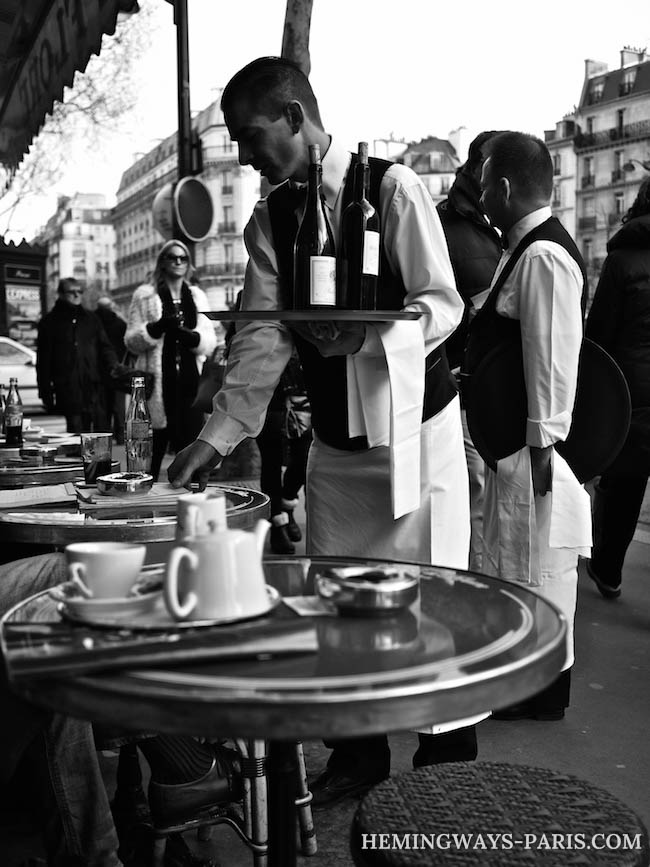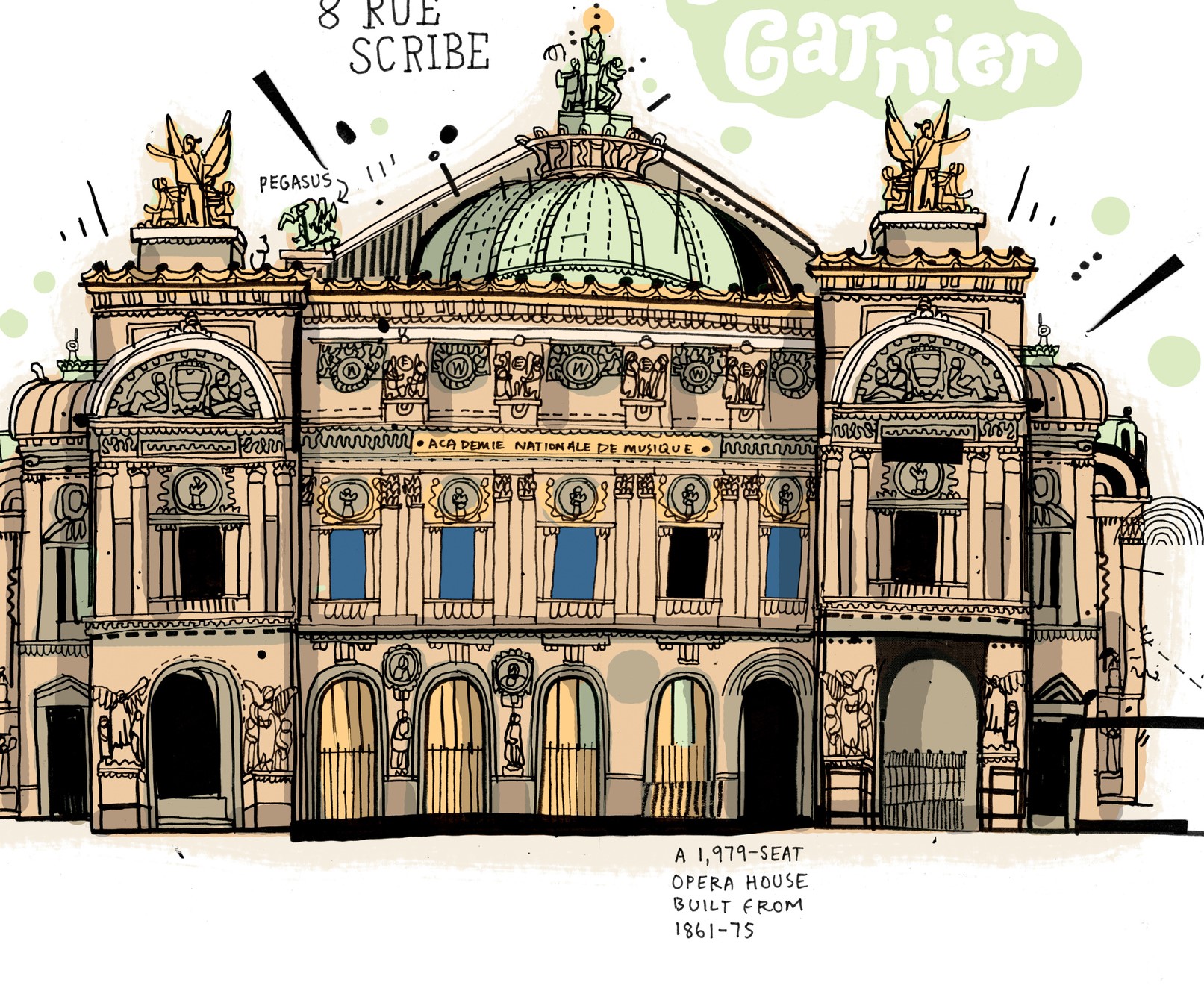In January 2015, A+A published a post about an author, Robert Wheeler, who’d picked up his first book by Ernest Hemingway in 1986. It was the posthumously published “The Garden of Eden” and on its first page Hemingway vividly described a young couple madly in love. He used color, movement and a foreign language to bring life to his composition. It all had an instant impact on the young writer:
“I thought: ‘I do not want this to end,'” Wheeler says.
And it hasn’t. Not for him, anyway.
Wheeler spent a winter four years ago in Paris, retracing Hemingway’s time there in the early 1920s. He took a camera. And now he’s publishing a book, due out April 7.
“It’s a new perspective – a visual representation of his memoir, ‘A Moveable Feast,'” he says. “It’s about his years as a budding modernist and a new husband and father in Paris.”
Alone and melancholy, Wheeler began to see the city in a new way. He roamed the streets that architect Georges-Eugène Haussman redesigned in the mid-19th century for Napoleon III. And he took some very engaging photographs.
“I looked at the city differently, thinking: ‘This must be how Hadley felt when Hemingway broke her heart,” he says. “Or, what would Hemingway feel when saw this image or this church? What was he feeling when saw the River Seine?”
He got home to New Hampshire, looked at the images he’d taken, and realized he’d created something new. “I saw it all,” he says. “It’s a frame of mind – you’re seeing with different eyes.”
Wheeler has paired up more than 90 black and white images with brief accompanying narrative, seeking to evoke the emotions that the American author felt during his time in the City of Light.
“The most sentimental time of his life, he spent in Paris in his formative years,” he says.”His most beautiful writing was done there – he was part of a movement trying to make everything new, a part of the Left Bank philosophy.”
Countless writers have channeled Hemingway in the years since “The Sun Also Rises” first appeared. Not many of have been successful. “Hemingway’s Paris” also aspires to achieve the master’s legendary fourth, or even fifth, dimension – not with prose alone, but with images working hand-in-glove with words
Is it ambitious? Yes.
Does it work? Absolutely.
For more information, go here.
[slideshow id=1350]


